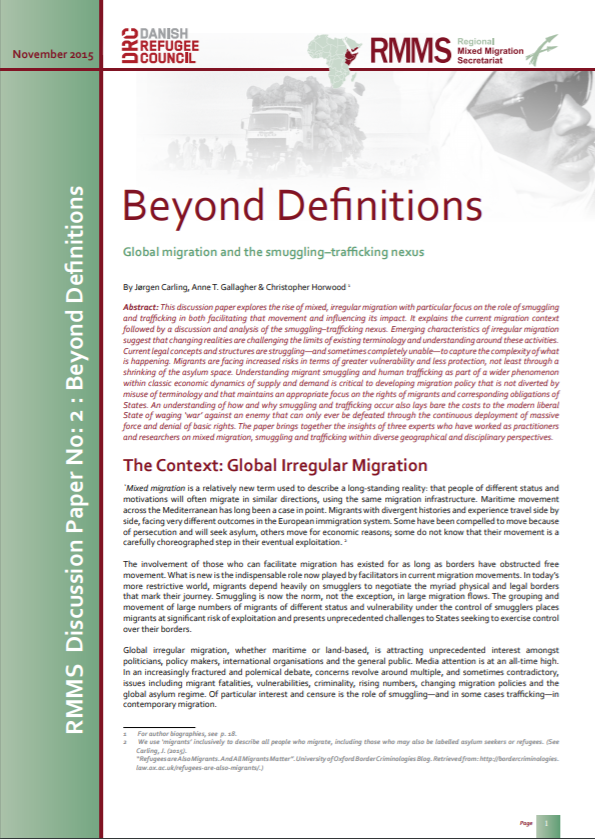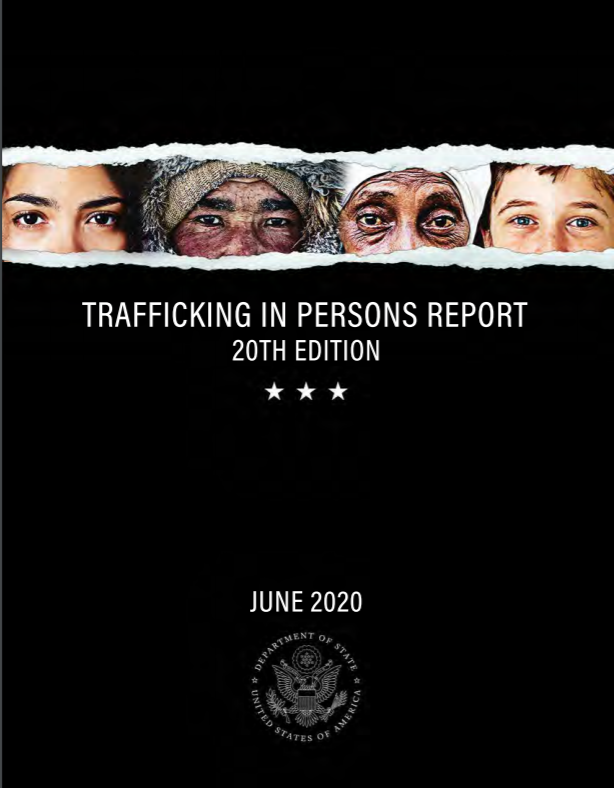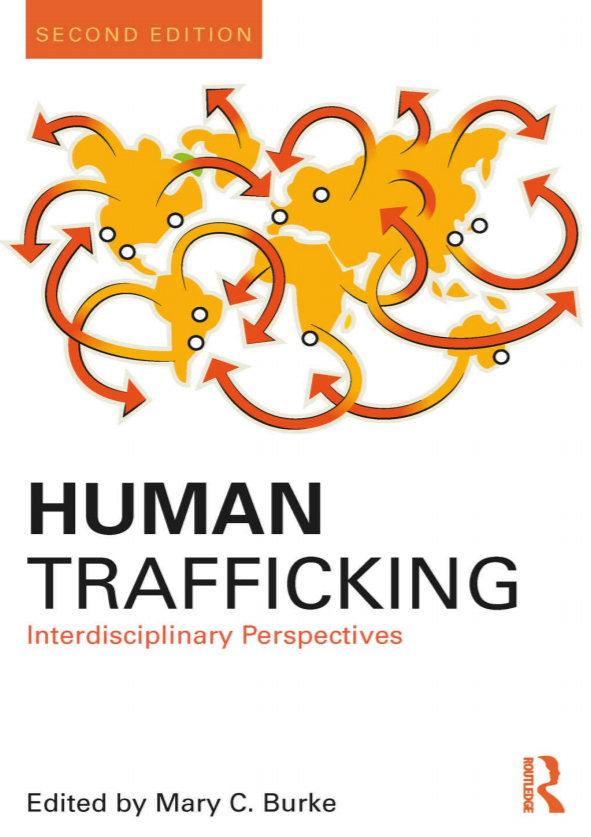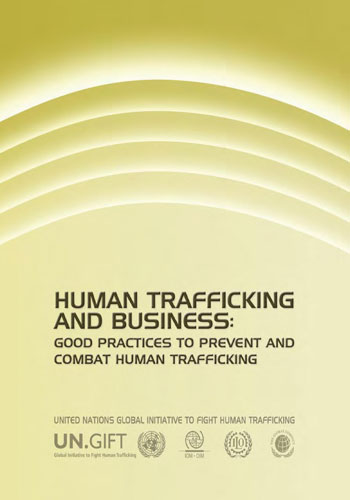Beyond Definitions. Global Migration and the Smuggling-Trafficking Nexus

This discussion paper explores the rise of mixed, irregular migration with particular focus on the role of smuggling and trafficking in both facilitating that movement and influencing its impact. It explains the current migration context followed by a discussion and analysis of the smuggling–trafficking nexus. Emerging characteristics of irregular migration suggest that changing realities are challenging the limits of existing terminology and understanding around these activities.
Current legal concepts and structures are struggling—and sometimes completely unable—to capture the complexity of what is happening. Migrants are facing increased risks in terms of greater vulnerability and less protection, not least through a shrinking of the asylum space. Understanding migrant smuggling and human trafficking as part of a wider phenomenon within classic economic dynamics of supply and demand is critical to developing migration policy that is not diverted by misuse of terminology and that maintains an appropriate focus on the rights of migrants and corresponding obligations of States. An understanding of how and why smuggling and trafficking occur also lays bare the costs to the modern liberal State of waging ‘war’ against an enemy that can only ever be defeated through the continuous deployment of massive force and denial of basic rights. The paper brings together the insights of three experts who have worked as practitioners and researchers on mixed migration, smuggling and trafficking within diverse geographical and disciplinary perspectives.
Country
Worldwide
Region
Worldwide
Year
2015
Category








